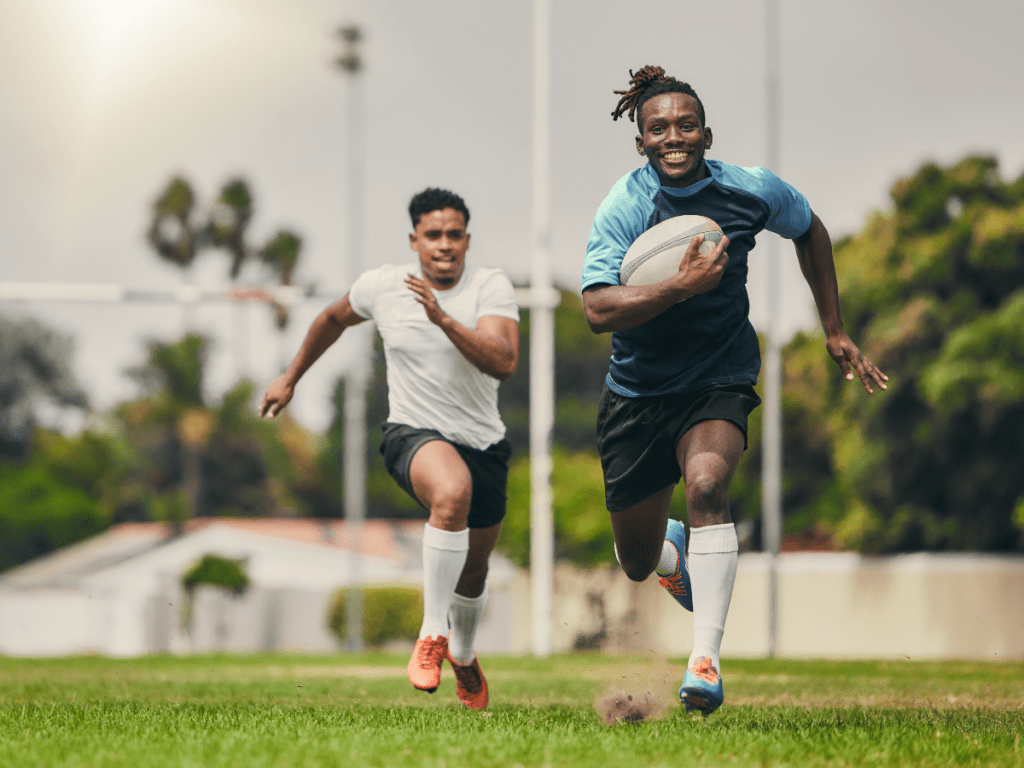Sleep quality and sport performance
Elite athletes and coaches view sleep as essential for optimal performance and recovery, but sleep quality is often compromised by various factors. Sleep quality can affect athletic performance and recovery, with the impact varying based on sport type and individual needs.
Sleep quality and sport performance
Elite athletes and coaches view sleep as essential for optimal performance and recovery, but sleep quality is often compromised by various factors. Sleep quality can affect athletic performance and recovery, with the impact varying based on sport type and individual needs.
Creatine supplementation in athletes
Creatine, a popular supplement among athletes, enhances the body’s natural ATP production, improving performance during high-intensity exercises. It also promotes post-exercise recovery and may aid in rehabilitation after injury.
Impact of circadian rhythms on sports performance
Biological rhythms are becoming a hot topic in sports science. The time of day has been shown to have a significant impact on athletic performance, with athletes often performing best in the late afternoon. This review looks at how our internal clocks affect performance and suggests that training schedules should match each athlete’s natural rhythms.
Types of recovery in sport
Curious about different recovery methods? In a study with CrossFit athletes, researchers found that while electrical muscle stimulation had a slight edge in speeding up recovery, the methods tested, electrical muscle stimulation, light exercise, and total rest, were similar in their effectiveness.
Recovery self-regulation in sport
Self-regulation isn’t just important for athletes during training and competition; it’s also crucial for effective recovery. Skills like self-monitoring, emotional regulation, and self-control help athletes bounce back after intense physical activity.
The impact of stretching on muscles
Stretching is a common practice among athletes across sports. Long-term daily stretching has been shown to have a significant impact on gains in muscle strength, size, and flexibility, with research suggesting it may offer similar benefits to other forms of strength training.
Meat consumption and recovery
Physical activity is essential for maintaining health, but intense training can result in immune dysfunction and muscle damage. Recent research points to meat as a potent recovery aid, rich in bioactive compounds that support muscle repair and optimize performance.
Creatine supplementation in athletes
Creatine, a popular supplement among athletes, enhances the body’s natural ATP production, improving performance during high-intensity exercises. It also promotes post-exercise recovery and may aid in rehabilitation after injury.
Physical activity and recovery from sport-related concussion

Imagine you’re on the field, adrenaline pumping, and ready to give your all. Suddenly, a collision occurs, and everything changes in an instant. This is the reality of a sport-related concussion, which many athletes know all too well. A sport-related concussion is a brain injury that happens when a blow to the head or body…